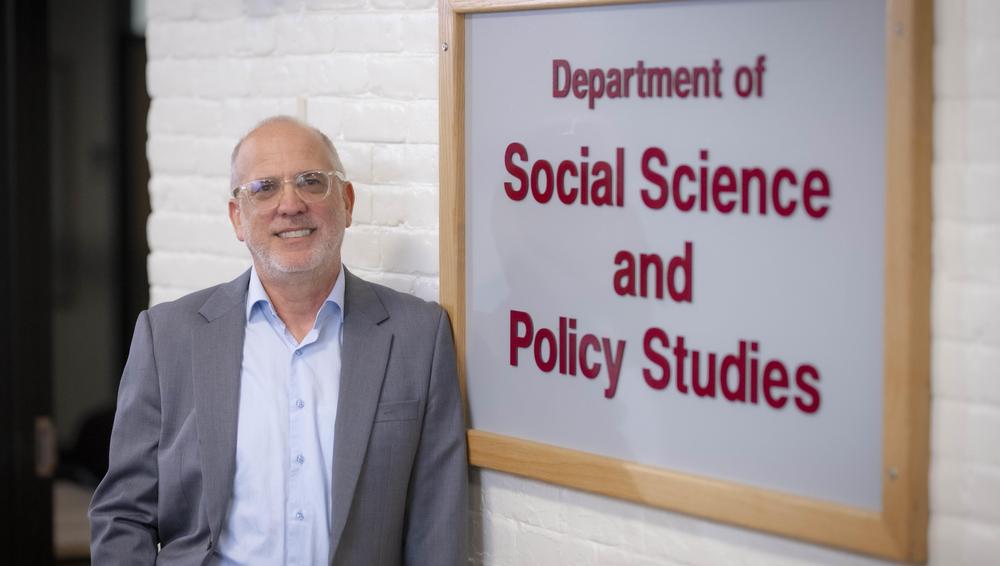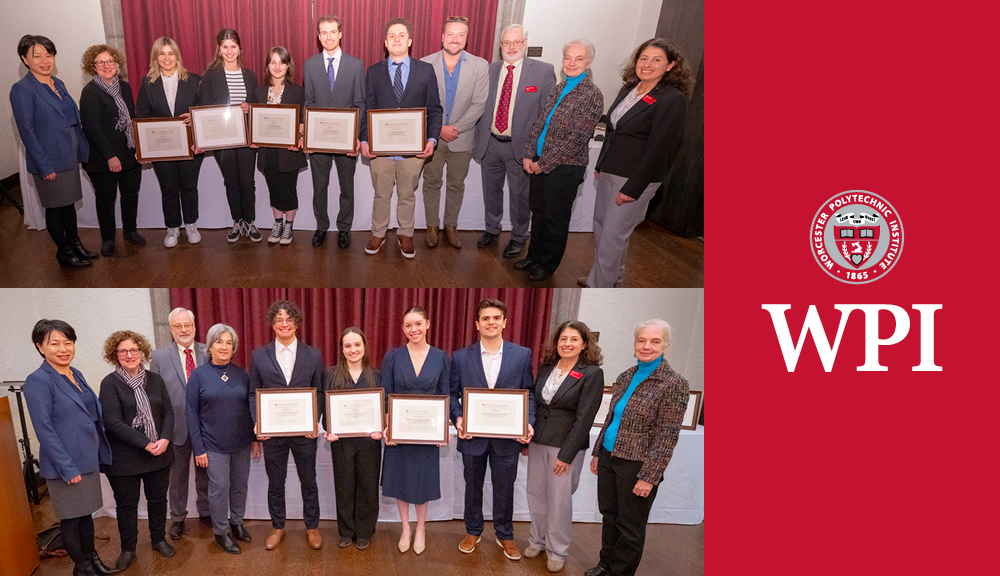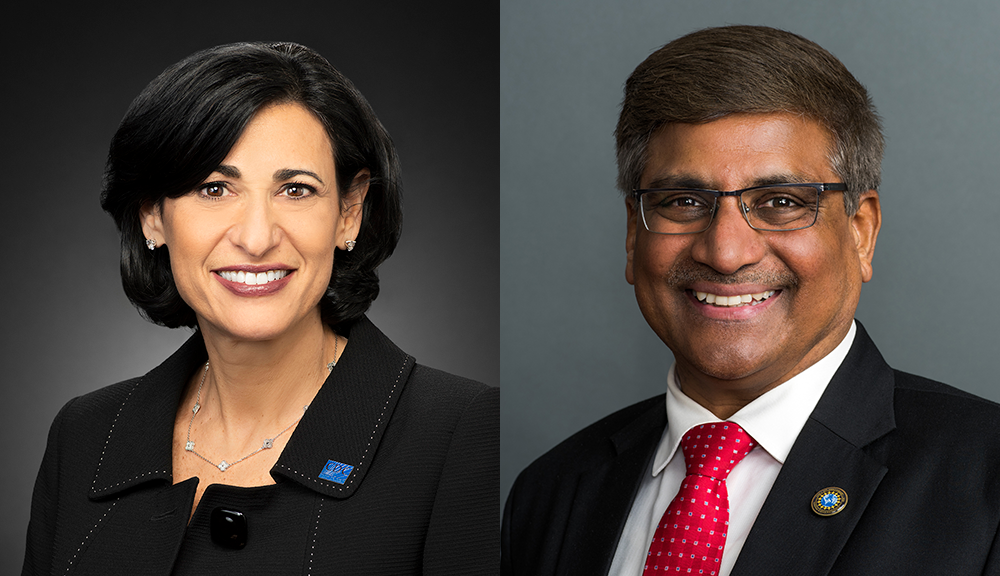Today at 4 p.m. in Higgins House, the Great Minds Multiplied series will present a panel on “Being the Change, Making A Difference.” A reception follows at 5 p.m.
In this follow-up to last spring’s inaugural event, the WPI community will have a chance to hear from social entrepreneurs working across the globe, from Africa to Paraguay to home in the United States.
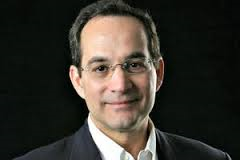
Martin Burt, WPI’s social
entrepreneur-in-residence.
Organized by Martin Burt, WPI’s social entrepreneur-in-residence, the goal of the event is “to help show engineering students how to incorporate social mission into their work and how their talents as engineers can have a huge influence in the world,” he says.
To that end, John Bell, a founder of YouthBuild, will speak about educating and training youth while building affordable housing. Kameko Nichols, partnership director for Riders for Health, will address the issue of managing transportation used to deliver healthcare in Africa. Burt himself will discuss the link between microfinance and technology to eradicate poverty in Paraguay.
His own Fundacion Paraguaya, founded in 1985, supports financially self-sufficient schools across the world and in Paraguay, as well as Poverty Stoplight, a new metric for families to self-diagnose their multidimensional levels of poverty and construct individualized plans for addressing their needs.
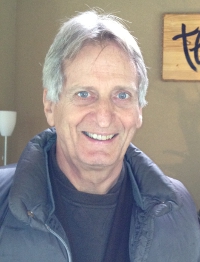
John Bell of YouthBuild
Burt has received numerous awards for his work in helping to eradicate poverty through entrepreneurship, including the World Innovation Summit for Education (WISE) Award as well as awards from UNESCO, the Skoll Foundation, and the Schwab Foundation, among many others. He has also served as mayor of Asuncion, the capital of Paraguay, and as chief of staff to the country’s president.
After meeting Professor Diran Apelian at a WISE conference several years ago, Burt came to campus to speak and is now in his third year of working with WPI students.
Visiting Worcester twice a year, he connects primarily with students through the first year program, Great Problems Seminars, where he has been struck by their responsiveness to the message of blending social awareness with technical expertise.
“It really amazes me how WPI students have this in their DNA. They are socially responsible students without falling into superficial activism.” – Martin Burt
Kristin Wobbe, associate dean of undergraduate studies, notes that Burt meets with first year students at a critical point, when they are seriously thinking about the projects they will begin in the second term.
“He is absolutely spectacular at teaching them that effective solutions must take into consideration the cultural contexts and needs and desires of the people they will be working with and not for,” Wobbe says.
A self-described optimist, Burt exudes an effervescent, incisive understanding of the problems in the world. He underscores the need for a multi-disciplinary approach to solving those problems in ways that are both aware and respectful of different cultural and religious realities.
It’s an approach that requires tenacity, creativity and education, particularly for those who may think their own skills don’t apply.
“It’s completely ridiculous how we live and work in silos,” Burt says. “There is a bias in high school and college education of separating the social sciences from the technical sciences—as if water is not drilled, pumped and distributed by engineering devices.”

Kameko Nichols, partnership
director for Riders for Health.
Yet all of the challenges of today—crises involving water, health, housing, medicine, infrastructure, education, technology—have significant engineering components, he insists. “Many times, engineers have the solutions in their hands and they don’t know it. The thing is to connect the dots.”
Moreover, he notes, working in the social sphere does not mean passing up professional and financial success. “There are ways to create value for society that have an excellent payoff,” he says.
Burt’s involvement with WPI has also led to the creation of a project center in Paraguay, which will officially be up and running in the spring of 2016. Though the country of 6.6 million people produces enough food for 80 million and has an overabundance of clean hydroelectric energy, it has also pockets of extreme poverty, lapses in water and sanitation, massive deforestation, and a huge number of functionally illiterate citizens.
In microcosm, the small country can be “a lab for what might work in other countries,” he says. “It offers a real opportunity for engineering technology and teaching.”
Today’s panel will give WPI a new look at the parameters and contributions of social entrepreneurship.
“The world sometimes is stuck,” says Burt. “There are two basic questions to ask: Is it worth it and can I do it? This panel is about that: how to turn problems into opportunities.”
In addition to the afternoon panel discussion and reception, members of the community are invited to come to a brown bag lunch to meet the panelists from 11:30 a.m. to 1 p.m. in the Mid-Century Room in the Rubin Campus Center. Dessert and beverages will be provided.
